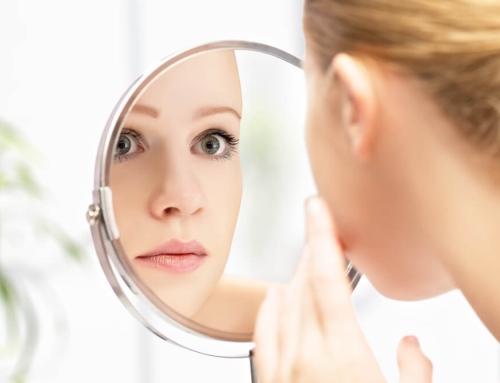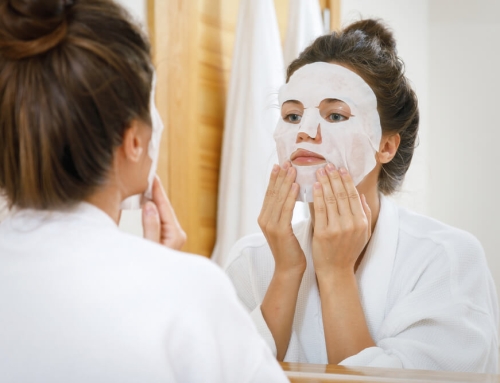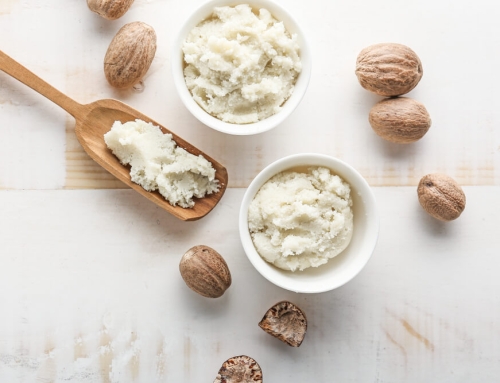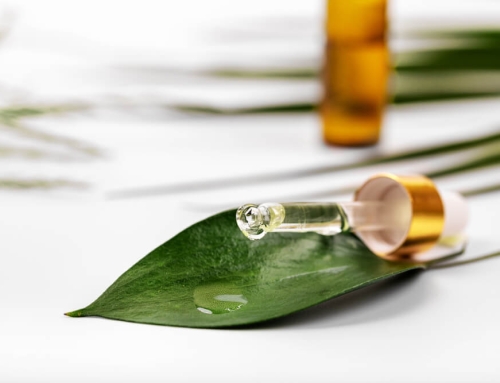Your skin has a protective barrier, and its job is to keep bad bacteria out, while keeping moisture in. However, when this barrier becomes damaged or stripped away, your skin is not able to retain the moisture that it needs, leading to dehydration. There are many different factors that play into a damaged skin barrier, but, no matter what may have caused yours, here are some ways in which you can boost your moisture levels back up.
Regular Exfoliation
Even if you have already invested in the highest quality skin care products designed for dehydrated skin, they will not be able to properly work their magic if dead skin cells are sitting on the surface of your skin, preventing them from penetrating your skin’s layers. This is why regular exfoliation is absolutely key, so that any other products that you apply can properly work.
A Facial Spray Before Moisturizing
While many people may be able to get away with moisturizing just a couple of times a day, you are already likely to be moisturizing much more if you have really dehydrated skin. However, the role of a moisturizer is not just to provide hydration to the skin, but also to form a protective film over it, trapping any moisture within. So, rather than applying this onto dry skin, mist your face with a natural facial spray, such as rose water, before applying your moisturizer, as this will enable it to trap so much more moisture into your skin.

Increase Your Water Intake
It should come as no surprise that increasing your water intake, and therefore your body’s hydration levels, will help to hydrate your skin as well. While you may already try to drink plenty of water throughout the day, you can also incorporate more water-rich foods into your diet, so that you are acquiring water from your meals as well as your drinks. Berries, watermelon, plums and peaches are some of the most water-dense fruits out there, while cucumbers, celery, bell peppers and lettuce are all vegetables that are packed with water. If you can eat these raw as much as possible, then that would be even more beneficial, as cooking can reduce moisture levels.
Humectants Are Essential
A humectant is an ingredient that is able to draw in moisture from the air into your skin, which is extremely valuable to skin that is dehydrated. Hyaluronic acid is one of the best humectants out there, as it is naturally derived and able to hold up to 1000 times its weight in water. It is lightweight and not sticky, and is usually found in hydrating serums. Squalene is another effective humectant, but can often irritate the skin and cause acne, while glycerin is widely available, but may leave your face looking a bit shiny.
If your skin is really dehydrated, then it needs quite a bit of extra care and attention, at least until you are able to manage keeping it consistently hydrated. From utilizing the extraordinary powers of hyaluronic acid, to consuming more foods that have a high water content, these steps will help you to provide your dehydrated skin with everything that it needs.










